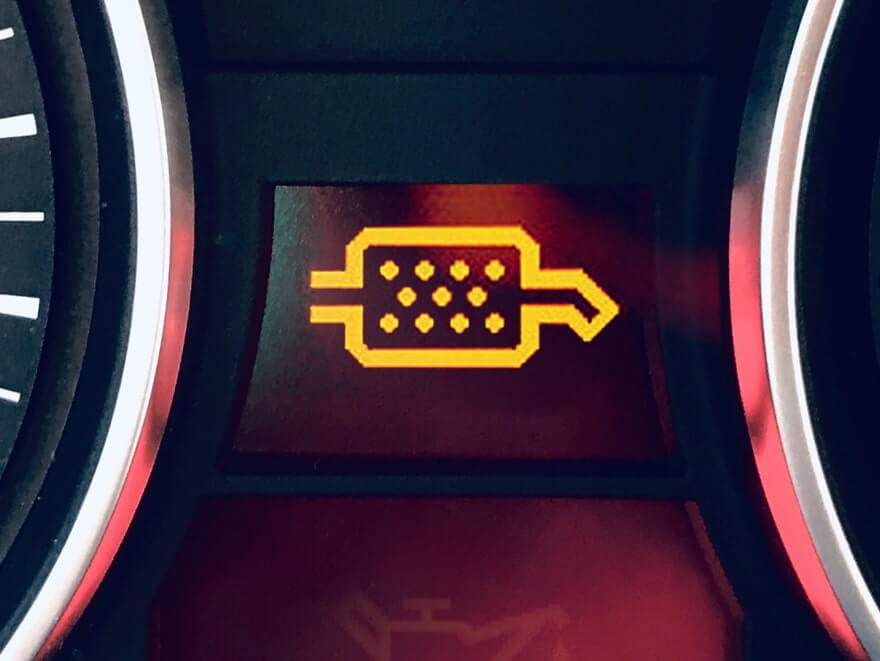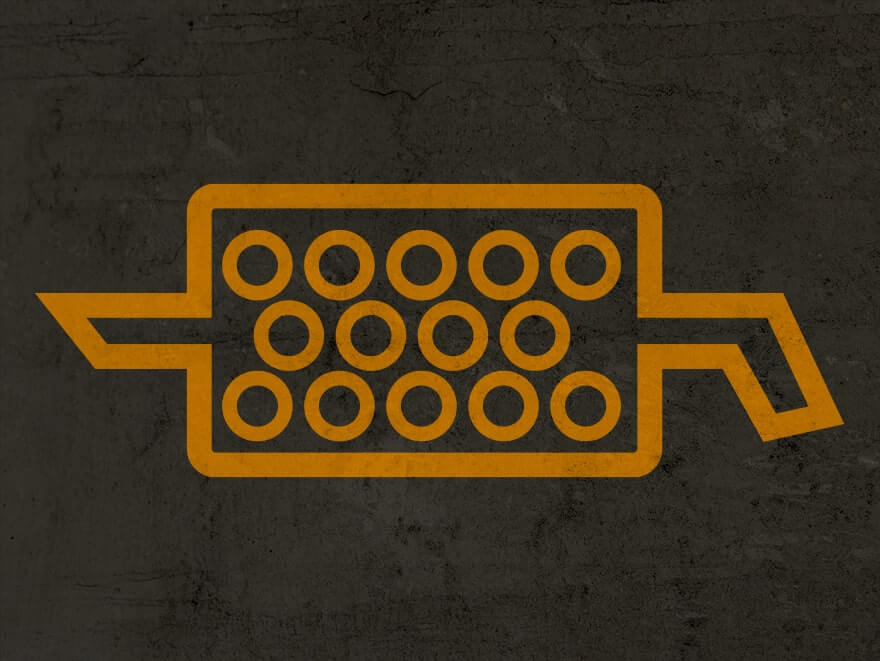DIESEL PARTICULATE FILTER CLEANING…
Ooh. Soots you.
Ooh. Soots you.
Since 2009 all diesel vehicles have been fitted with a Diesel Particulate Filter (DPF). Its job is to reduce the amount of harmful soot emitted by your vehicle.
If your DPF is working properly, it should remove soot automatically. But to effectively burn soot your vehicle needs to reach a high enough temperature. And that tends to only happen when you take your diesel vehicle for longer journeys and on the motorway.
Passive and active regeneration
There are two types of regeneration that your vehicle uses to burn off soot.
Passive regeneration – This happens when your exhaust reaches a high enough temperature to burn off the soot. Usually on longer journeys or motorway travel.
Active regeneration – This involves fuel being injected into the Diesel Oxidation Catalyst (DOC) to achieve appropriate regeneration temperatures in the DPF. In layman’s terms this means your vehicle increases the amount of fuel it uses to raise the temperature of the exhaust. And, consequently, burn off the soot.
DPF warning light
Diesel vehicles are designed for travelling longer distances. Hence, if you frequently travel on a motorway, your engine should reach a temperature high enough to burn soot passively. Thus, you should never see your DPF warning light.
However, if you only travel short distances and don’t give your vehicle ample opportunity to burn off soot, the opposite is true. You may well see your DPF warning light on your dashboard.
If that happens, firstly don’t panic. Head down to Motor Clinic and we’ll take a look at your vehicle for you.
DPF cleaning
If you do see your DPF warning light, chances are you’ll need your DPF professionally cleaned.
DPF Cleaning involves completely removing any soot build-up inside the DPF. This will increasing airflow in the engine and allow it to perform better.
Diesel Particulate Filters are not cheap. So cleaning your DPF is usually a better option than replacing it. In fact they should only need to be replaced when they are damaged or have been neglected to the point where DPF cleaning is not an option.
Your DPF should last the lifetime of your vehicle, providing you maintain it and get it cleaned whenever necessary.
How often you clean your DPF largely depends on the way you drive your vehicle.
For advice on preventative measures, call our helpful team on 01782 332923.


